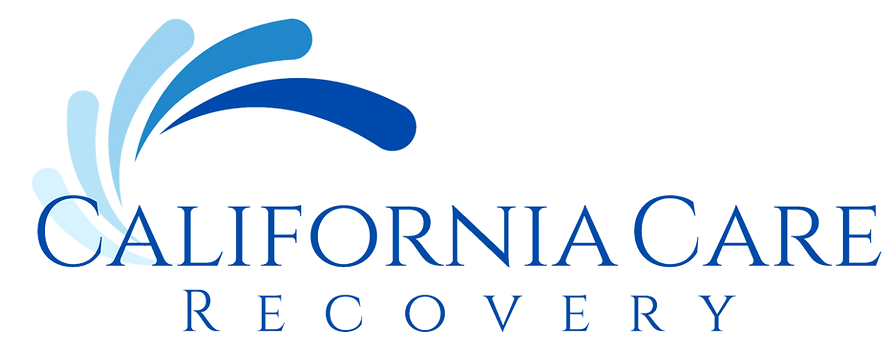Drug and alcohol addiction is more common than you probably realize. To give you an idea of how common it is, the Substance Abuse and Mental Health Services Administration estimated that in 2018, approximately 20.3 million people aged 12 or older had a substance use disorder.
Addiction is not something rare or out of the ordinary. It isn’t something you should believe could never affect you.
Finding Out if You’re Addicted
If you’re concerned about your substance use and think you could have a problem, it is best to research to understand addiction better. It isn’t easy to admit you have a substance abuse problem, but doing so is the first step in getting help.
The trouble here is being able to see your behavior as others do. When you have an addiction, you tend to be in denial about the consequences of your actions and the extent of your substance use.
This denial can convince you that you’re fine when others in your life can see there is a problem.
Understanding the inner workings of addiction can guide you into the first steps of treatment and recovery. Learning that addiction is not equivalent to failure but is a disease in need of treatment can be eye-opening.
The director of the National Institute on Alcohol Abuse and Alcoholism describes addiction as follows: “A common misperception is that addiction is a choice or moral problem, and all you have to do is stop. But nothing could be further from the truth”… “The brain changes with addiction, and it takes a good deal of work to get it back to its normal state. The more drugs or alcohol you’ve taken, the more disruptive it is to the brain.”
Considering the science behind addiction can help you be more open to accepting the reality that you have one.
Signs of Addiction
Addiction can show itself in several ways. It can be obvious or subtle depending on you, the substance, and your lifestyle. There will always be signs of addiction.
Whether you see them or friends and family notice them, addiction will always affect the user and those around them.
Being aware of the symptoms of substance abuse will help you determine whether you’re addicted or not. Signs of addiction include:
#1. Increasing the amount of the substance you use: When your tolerance increases, you need more of the substance to experience the same high as you once did. Building up a tolerance can be an early sign of a problem.
#2. Spending a lot of time thinking about using, using, or finding ways to use: If the substance occupies your thoughts regularly and is becoming a priority, it is likely a problem.
#3. Craving the substance: Physical and emotional cravings to use a substance are signs you rely on it to deal with stress and other common experiences.
#4. Substance use impacting your daily responsibilities like work or social events: If you cancel plans when you can’t use or are failing in school or struggling in work because of your substance use, addiction is probably the reason.
#5. Taking more risks due to substance use: Addiction and long-term substance use alter the brain’s chemistry and lead to poor decision-making.
#6. Damaging personal relationships to use: If your relationships with family or friends are becoming distant or tense because of your frequent substance use or your behavior when under the influence, its effects are widening.
#7. Continuing to use regardless of negative consequences: If you are aware of the negative consequences of your substance use, like financial troubles, issues with the law, or failing relationships, but continue to use, it is time to seek help.
#8. Suffering from withdrawal if you try to stop: Experiencing physical withdrawal symptoms when you try to stop is a major sign of addiction. And if you are struggling with health problems when you do use, it is also a symptom.
#9. Keeping your substance use a secret: Lying about how much you use means at some level you feel shame about your problem and realize others would be worried if they knew the truth.
#10. Inability to function without it: Whether this is physically true or you just feel like you need the substance to make it through the day, that is a key sign you have an addiction.
Experiencing any or all of these signs tells you that you are addicted and should seek help. When your substance use starts impacting your life, especially in numerous ways, it is time to take action and get into rehab.
Where to Get Help
Once you’ve realized that you are struggling with an addiction, getting help is the next step in your recovery. Speak to a trusted friend, family member, or health professional and let them know what you’re struggling with. Let them know you want help and seek rehab centers and options near you.
It can be hard to admit you have a problem with addiction. The stigma surrounding addiction is widespread and can make someone with addiction further withdraw into their problems. Understanding that addiction is a disease that can be treated and lead to recovery can offer hope and motivation to those who need it. Educating yourself on the science of addiction teaches you that there are reasons for it. By admitting you have a problem and entering treatment, you can take back control of your life. If you are struggling with substance abuse, take action now, and ask for help. Recovery will be the best thing you’ve ever done. By finding the right rehab and treatment center, you acknowledge your addiction, take accountability for your actions, and work toward a better future. Reach out to California Care Detox & Treatment to start your recovery journey today. Call us at (949) 281-0632.
